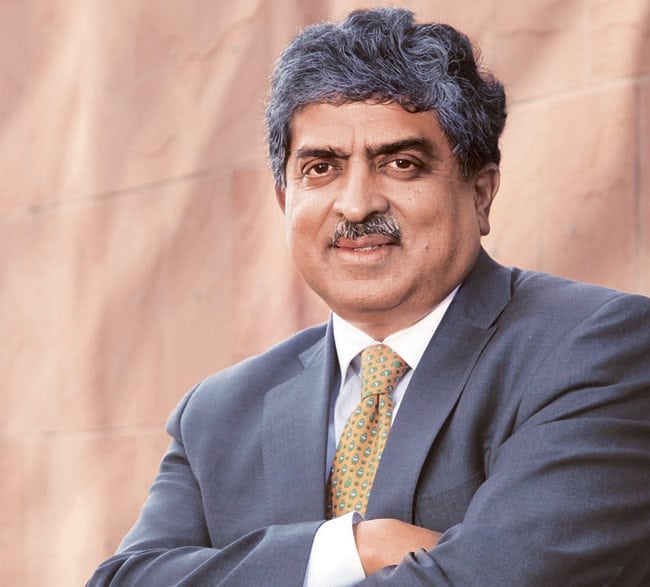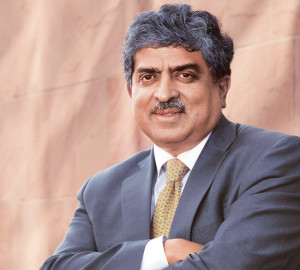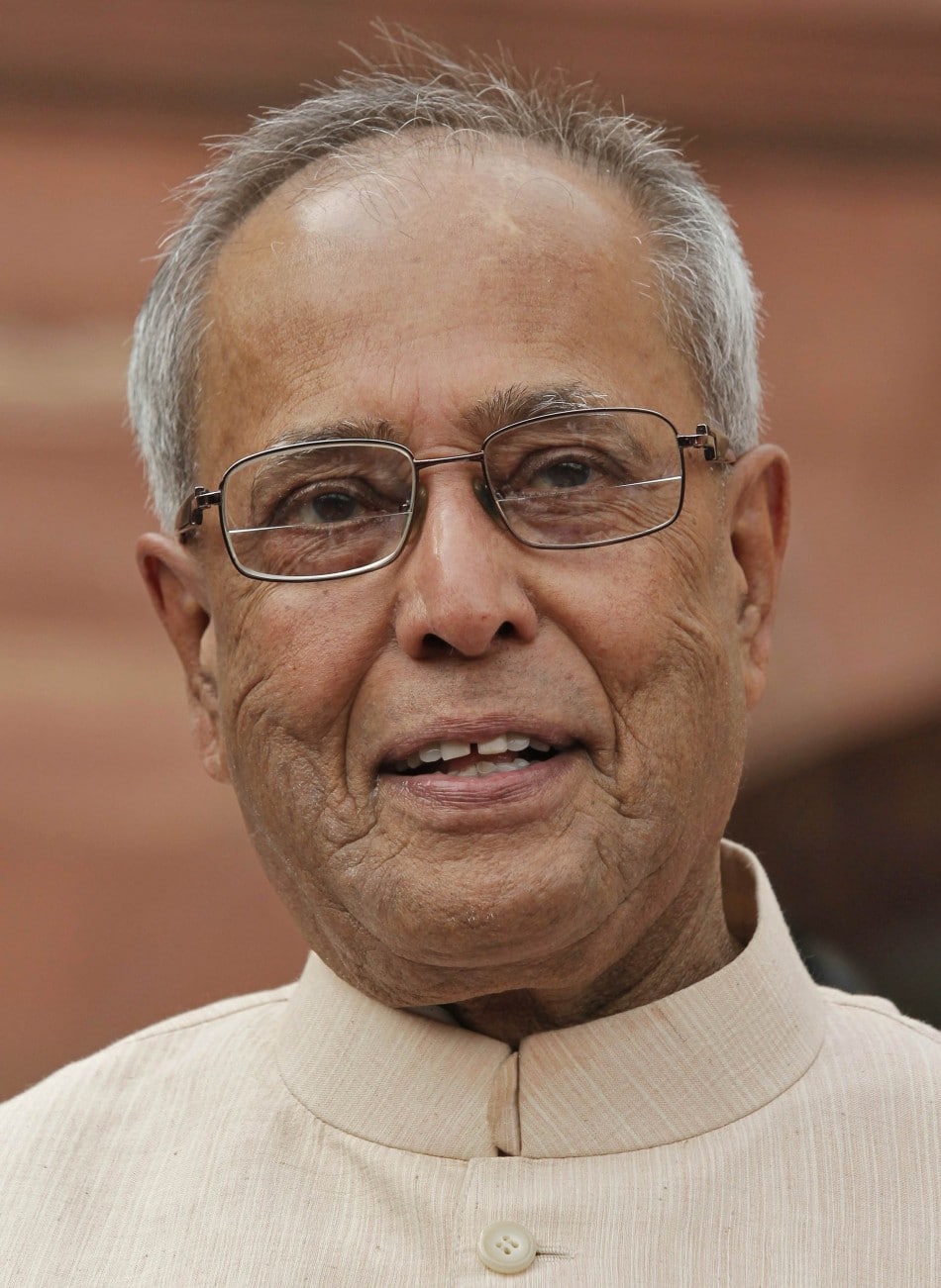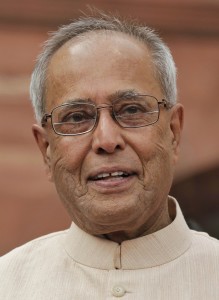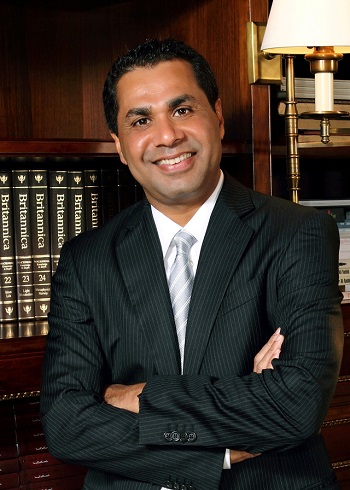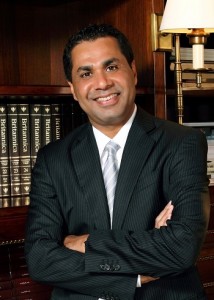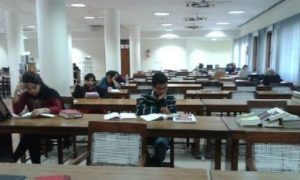Private life insurer Reliance Life Insurance tied up with global NGO ‘Room to Read’ to set up libraries across schools in India.
The partnership between Reliance Life Insurance and Room to Read aims to set up over 100 libraries in government primary schools and reach out to over 10,000 children across the country through this initiative, the company said in a statement.
“Through this partnership we will promote literacy and gender equality in the country by providing libraries in schools,” Reliance Life Insurance CEO Anup Rau said.
“Libraries provide children an environment of knowledge and inculcate habits of learning and curiosity amongst young minds,” he added.
Reliance Life Insurance and Room to Read will create and maintain libraries in municipal corporation schools across Rajasthan, Uttarakhand, Andhra Pradesh and Maharashtra in the first year of their programme. The partnership, which is part of Reliance Life Insurance’s Corporate Social Responsibility endeavour, will support more schools with such libraries in the following years.
Through this initiative, Reliance Life Insurance aims to compliment, support and strengthen the efforts of the government to improve the quality of education in India. Reliance Life Insurance and Room to Read will create and maintain libraries in Municipal Corporation Schools across Rajasthan, Uttarakhand, Andhra Pradesh and Maharashtra in the first year of their programme.
Established in 2003, Room to Read India currently has presence in nine states and has set up more than 6,421 school libraries across India.













